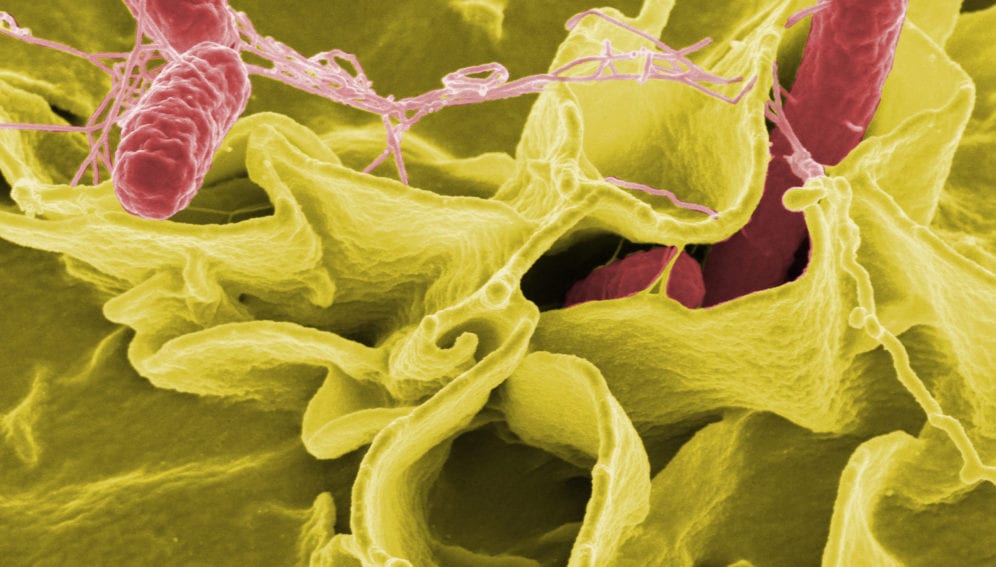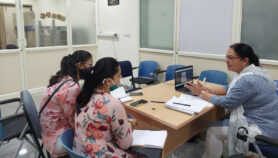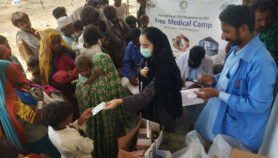By: Vijay Shankar
Send to a friend
The details you provide on this page will not be used to send unsolicited email, and will not be sold to a 3rd party. See privacy policy.
[NEW DELHI] Controlling typhoid infection could drastically reduce the incidence of gallbladder cancer in India, says an Indo-Dutch study published this month (June) in Cell Host & Microbe.
The study is the first to experimentally establish a causal link between the two diseases, according to scientists who participated in the study from the Netherlands Cancer Institute (NCI) and the Banaras Hindu University (BHU), India.
As far back as in 2007 and 2008 Gopal Nath, professor of microbiology at BHU and a participant in the new study, had shown that patients carrying Salmonella enterica serovar Typhi, the typhoid-causing bacterium, could be at risk of developing gallbladder cancer.
“Our work provides the first evidences showing the active role of the bacterium in mediating cell transformation and carcinogenesis,” Tiziana Scanu, post-doctoral researcher at NCI and lead author of the study, tells SciDev.Net.
The researchers studied tumour samples from Indian and Dutch patients with gallbladder cancer and found the Indians showing strong evidence of S. Typhi infection that led to over-acting mutations in c-Myc, a cancer gene, and also in p53, a gene that suppresses tumour formation.
When the researchers mimicked the mutations in Indian tumour samples by infecting gall bladder organoids (laboratory-grown organ buds) and mouse cells with S. Typhi, they developed cancerous features. The researchers found that the bacterial DNA could transform host cells by manipulating their signalling pathways.
By activating the AKT and MAPK signalling pathways of cells, the bacterium not only increases its infectivity but also the occurrence of cancer through epigenetic modifications in the host DNA, says Jacques Neefjas, deputy director of research at NCI and an author of the paper.
The researchers found only Indian patient samples showing signs of AKT and MAPK pathway activation. Significantly, the team found these pathways in a triggered state even after elimination of the bacterium using antibiotics and, therefore, at continued risk of contracting gallbladder cancer.
“Now that we have shown how S. Typhi can induce gallbladder cancer, the (India and Pakistan) governments should start an efficient vaccination programme and impose correct sanitary conditions,” Neefjas tells SciDev.Net. “They should also start awareness programmes to reduce incidence of typhoid infections.”
Deepak Kumar Raut, director of the Family Welfare Training and Research Centre, Mumbai, says the study provides limited information. “Though the study has pointed out the causal link between the two diseases, only further cohort and case control studies will substantiate the link,” he tells SciDev.Net.
Raut adds, however, that the study’s key findings are sufficient for governments to “strengthen the current universal vaccination programme in India and that includes typhoid control.”
>Link to full paper in Cell Host & Microbe
This article has been produced by SciDev.Net's South Asia desk.














